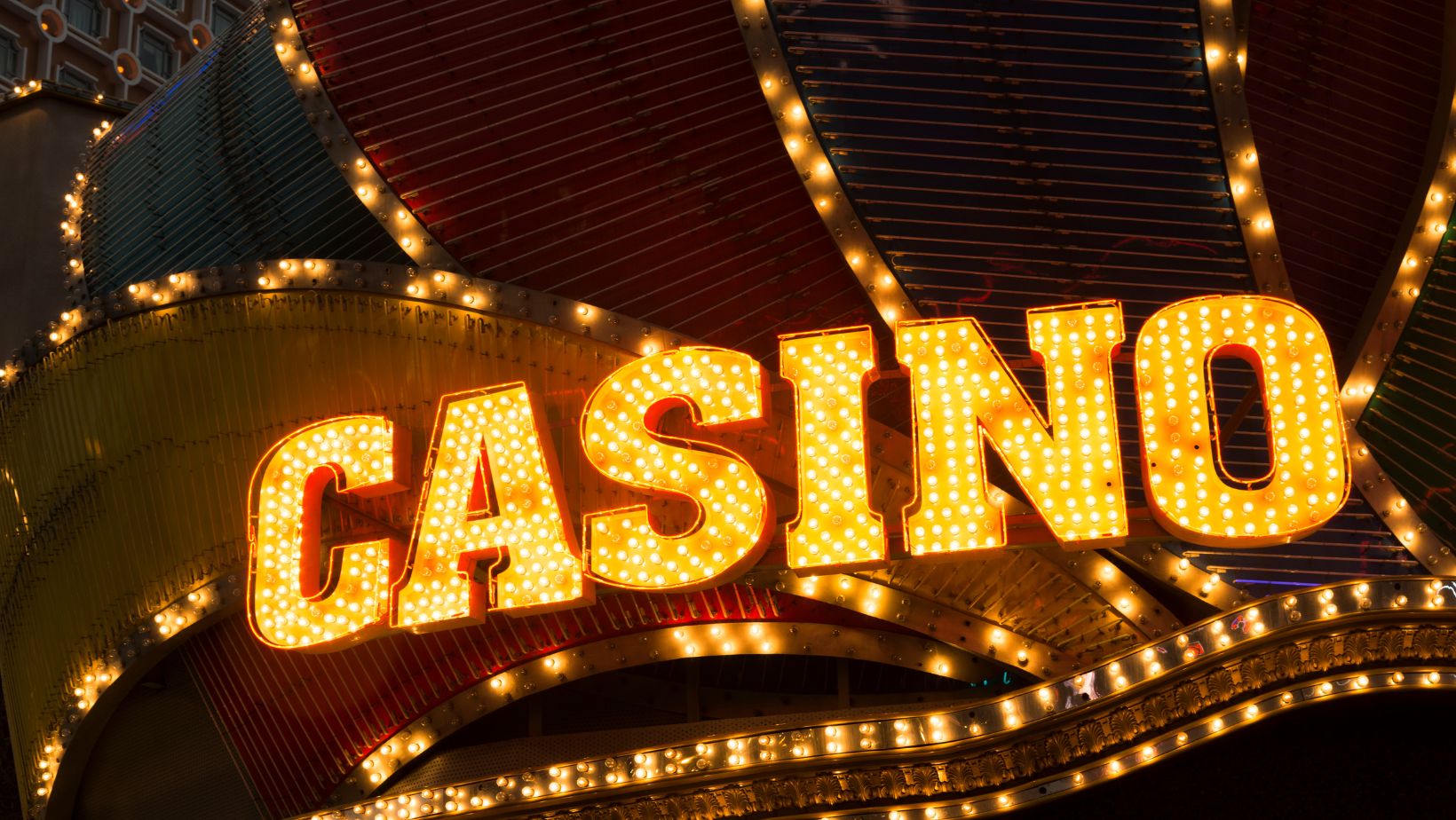
Several casinos now feature missions, achievements, and quest systems borrowed from video games. Complete challenges, earn points, unlock rewards. The gamification feels engaging and adds purpose beyond just spinning slots.
I completed 50+ missions across two casinos over two months to determine whether these systems deliver genuine value or simply manipulate you into playing more.
Testing gamification features requires platforms with comprehensive systems. NineCasino operates missions alongside their €450 welcome package, 25% weekly cashback, and 5,000+ game library—tracking their achievement requirements, completion times, and actual rewards revealed whether missions enhance the experience or exploit psychological triggers to increase play volume.
Here’s what two months of mission grinding taught me about casino gamification systems.
How Casino Missions Work
Most mission systems follow similar patterns: complete specific tasks (wager €500 on slots, trigger 10 bonus rounds, play 5 different games, etc.) to earn points or unlock rewards.
Typical mission structure:
- Daily missions: Simple tasks refreshing every 24 hours (spin 50 times, win 3 rounds)
- Weekly missions: Larger challenges resetting weekly (wager €1,000, play 10 different slots)
- Achievement missions: One-time permanent goals (reach VIP level 5, deposit 10 times)
Rewards vary: free spins, bonus money, cashback boosts, VIP points, or entries into prize draws.
The Value Breakdown
I tracked every mission I completed, calculating time invested versus rewards received.
Daily missions (30 completed): Average time: 45-90 minutes Average reward value: €2-5 in free spins or bonus money Effective hourly rate: €1.80
Weekly missions (8 completed): Average time: 6-8 hours spread across the week Average reward value: €15-25 Effective hourly rate: €2.40
Achievement missions (12 completed): Time ranged wildly (5 minutes to 2 weeks) Rewards: €10-50 depending on difficulty Some felt worthwhile, others required absurd grinding
Reality check: If missions paid €2.40/hour and I worked a minimum wage job instead, I’d earn €10-12/hour. The “rewards” were terrible compensation for time invested.
The Psychological Trap
Missions didn’t make me money. They made me play longer and spend more than I intended.
Example mission: “Wager €200 on Megaways slots.” I had already planned to deposit €50 and play casually. This mission made me deposit €100 and play specifically Megaways games (which I don’t normally prefer) to complete the challenge. The reward? 20 free spins worth maybe €3.
I spent an extra €50 chasing a €3 reward. The mission cost me €47 in opportunity cost because I was focused on completion rather than playing games I enjoyed at my normal pace.

This happened repeatedly. Missions created artificial goals that overrode my planned gambling budget and game preferences.
Before committing to mission grinding, understanding minimum requirements helps. Testing casino with 5$ min deposit options let me experience mission systems with minimal investment—seeing what completion required and whether rewards justified the effort revealed that most missions demand significantly more play than the €5 entry suggests.
When Missions Provide Value
Three mission types delivered genuine benefits:
Passive missions: Challenges that complete naturally during normal play. “Play 100 spins” or “trigger 3 bonuses” happen organically without changing behavior. These feel like free bonuses for playing as usual.
Discovery missions: Tasks encouraging you to try new games. “Play 5 different slots” introduced me to games I wouldn’t have tested otherwise. Two became favorites. This mission genuinely enhanced my experience.
Milestone achievements: One-time goals for major accomplishments. Reaching VIP level 3 unlocked a €50 bonus. I was already playing toward VIP status, so this felt like a legitimate reward for loyalty rather than manipulation.
These three types (about 15 of my 50 missions) felt fair. The other 35 felt like manipulation designed to increase wagering volume.
The Completion Addiction
Missions trigger completion psychology. Once you see “7/10 bonuses triggered,” your brain wants to finish. This led me to play 2-3 hours longer than planned multiple times just to complete arbitrary challenges.
Expensive example: Weekend mission required triggering 15 bonus rounds. I hit 14 by Saturday evening and had planned to stop. Spent another €80 Sunday morning chasing that 15th trigger to claim €20 in rewards. Net loss: €60.
The mission system exploited my desire for completion, costing me more than staying would have saved.
What Missions Actually Accomplish
After two months, I realized missions don’t reward players—they increase casino revenue by:
Extending play time: Players chase completions instead of quitting when ahead or when planned budget runs out.
Increasing wager volume: Missions requiring specific wager amounts push players to bet more than intended.
Promoting house-favorable games: Missions often require playing high-edge games or specific provider titles, steering players away from better RTP options.
Creating retention: Daily missions encourage logging in every day, building habit formation that increases lifetime player value.
My two-month results proved this. In months without mission systems, I played 12-15 hours monthly and lost €150 average. With missions, I played 25-30 hours monthly and lost €280 average. Missions doubled my playing time and nearly doubled my losses while giving me maybe €40 in mission rewards.



